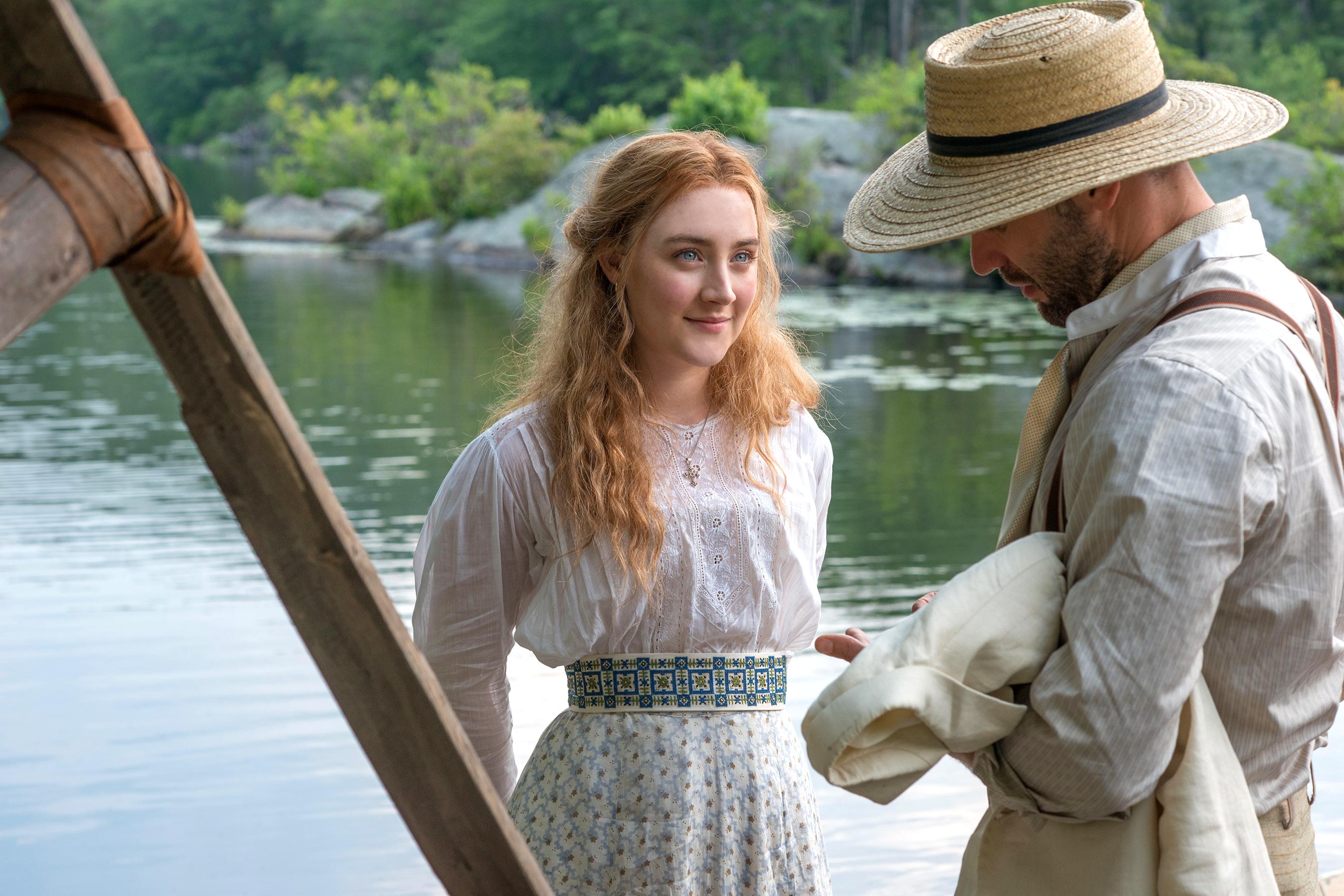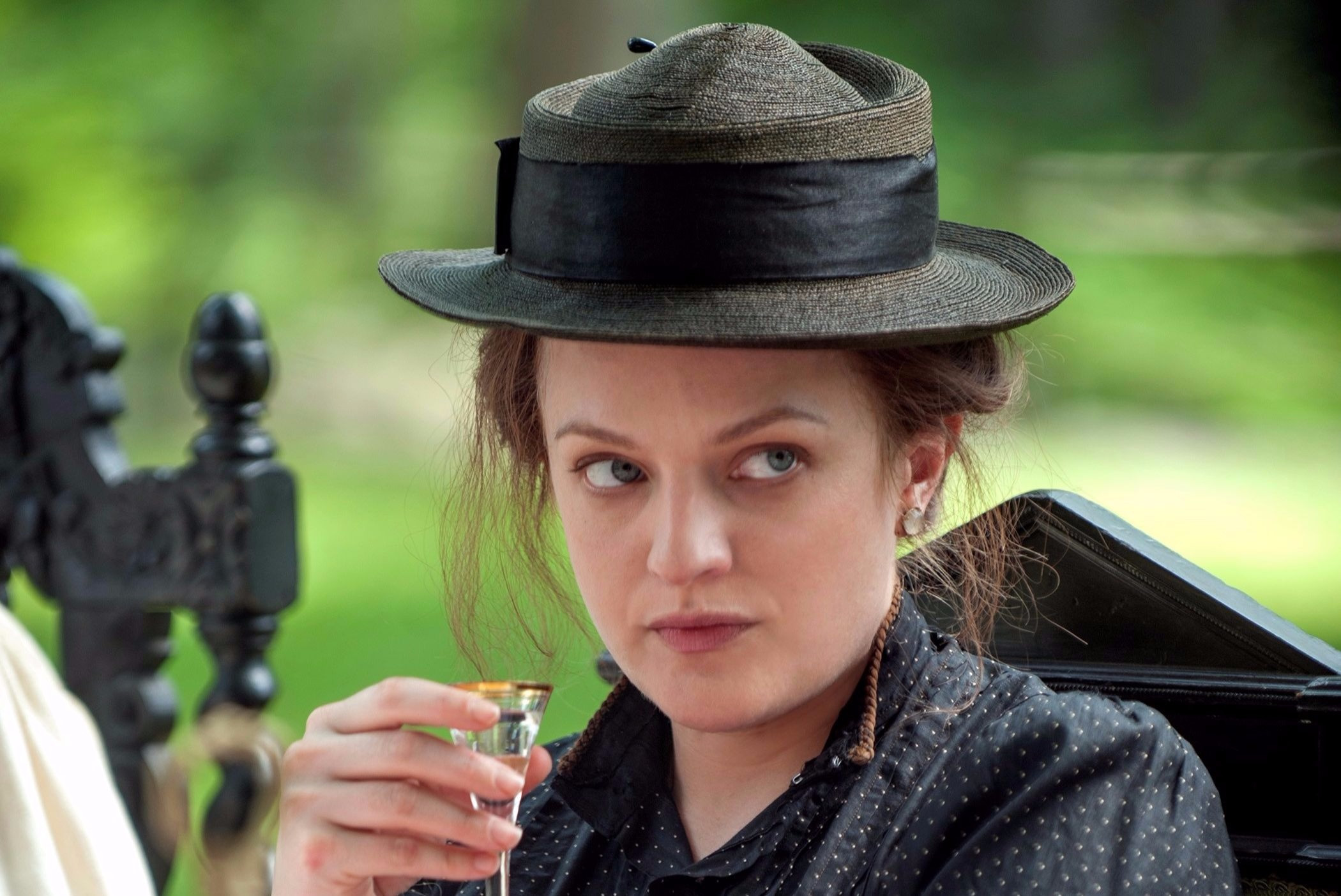The first performance of The Seagull is one of the legendary disasters of the theater. The audience booed — but, perhaps more tragically for Chekhov, they laughed, and they laughed in the wrong places. They laughed at the young writer Treplyov’s symbolist play with which the story opens and at the pretensions of the younger characters. It seems to me sometimes that, like Treplyov himself, Chekhov could have dealt more easily with boos than laughter.
It was only Stanislavski’s production of it that made it the modern classic it is today, but Chekhov wasn’t wholly satisfied with it, either. Stanislavski (who also played Trigorin, the older established writer whose appearance complicates everything) turned The Seagull into a tragedy. And how couldn’t it be a tragedy? The play, after all, ends with a suicide — what else could it be than a tragedy?
It’s hard to figure out exactly what Chekhov wanted out of a performance — probably something about the nature of being an artist, given the number of characters involved in the arts and the number of personal details he lent to Treplyov and Trigorin. Ultimately, most versions of the play, including Sidney Lumet’s dull little 1968 adaptation (which led Vincent Canby to say that “there are times where you could swear that [like Treplyov himself] the movie had shot itself”), shoot for something like the Stanislavski tragedy interpretation.
 And it’s understandable. If you want to do a film, you have to cut a lot out; as in much of Chekhov, there are a lot of speeches that aren’t quite monologues, but do just go on in a way a film can’t. If you’re going to strip The Seagull down to — well, maybe not the bone, but down to the muscle, at least, you have to stick to the main story of the thing: Treplyov trying to be a writer, his “muse” Nina leaving him to go off with Trigorin, Trigorin abandoning her and her failure to be a superstar actress.
And it’s understandable. If you want to do a film, you have to cut a lot out; as in much of Chekhov, there are a lot of speeches that aren’t quite monologues, but do just go on in a way a film can’t. If you’re going to strip The Seagull down to — well, maybe not the bone, but down to the muscle, at least, you have to stick to the main story of the thing: Treplyov trying to be a writer, his “muse” Nina leaving him to go off with Trigorin, Trigorin abandoning her and her failure to be a superstar actress.
Michael Mayer’s 2018 adaptation (yes, we’re finally getting to the movie) hits all those notes, especially towards the beginning and the end. The latter isn’t his fault: the play simply does end like a melodrama, and it’s hard not to shoot it that way. But it doesn’t quite work as one, not just because the rest of the play isn’t one. (For starters, Nina is not a catastrophic failure — she’s doing alright as a working actress, making ends meet, a place the workmanlike Chekhov would have appreciated.)
But outside of those moments, the film — helped by a very good script adaptation from Stephen Karam — hits something else than melodrama. Karam freely divides scenes up between locations and moves dialogue around, transplanting lines from one act to another quite freely and quite well. It ends up being something closer to a Whit Stillman-esque comedy of manners, in which nothing really happens except the characters trying to figure out what to do next.
 It all helps that the cast is fantastic. In a more traditional adaptation, Saoirse Ronan and Billy Howle’s flat versions of Nina and Treplyov would be deal-breakers (and it doesn’t help that most of the latter’s longer speeches are cut way down, and the strange decision to base the script on the censored version performed instead of Chekhov’s original removes some subtext too). But Elisabeth Moss as Masha, the goth, day-drinking, snuff-taking daughter of servants is fantastic; Annette Bening as Arkadina does the clever trick of channeling Ingrid Bergman in Autumn Sonata — a character and performance modeled on Arkadina as a character; and Corey Stoll of all people (sorry to any Stollheads) is absolutely perfect as Trigorin (until he has to do any serious dramatic scenes, and he doesn’t have to do many).
It all helps that the cast is fantastic. In a more traditional adaptation, Saoirse Ronan and Billy Howle’s flat versions of Nina and Treplyov would be deal-breakers (and it doesn’t help that most of the latter’s longer speeches are cut way down, and the strange decision to base the script on the censored version performed instead of Chekhov’s original removes some subtext too). But Elisabeth Moss as Masha, the goth, day-drinking, snuff-taking daughter of servants is fantastic; Annette Bening as Arkadina does the clever trick of channeling Ingrid Bergman in Autumn Sonata — a character and performance modeled on Arkadina as a character; and Corey Stoll of all people (sorry to any Stollheads) is absolutely perfect as Trigorin (until he has to do any serious dramatic scenes, and he doesn’t have to do many).
Mayer does suffer from a reliable disease for which only the Germans could find a succinct name, that peculiar anxiety directors adapting a play feel that leads them to show off in awkward ways. And the last act is, ultimately, botched. But it can’t help but be, in some way, botched. Chekhov wanted to “start [his] play fortissimo and end it piano”; the film makes everything too funny, too light, to start fortissimo, so the end just feels damp and pointless.
But maybe that’s all we can expect from a modern film of The Seagull. It would be very difficult for us to feel emotionally connected to the artistic struggle between the middlebrow Trigorin and the avant-garde Treplyov, or to quite understand what it means for Arkadina to appear in plays like Camilla (although I think we would figure out the brow level of her other mentioned performance in Surprised by Sex). I mean, without an “avant-garde” — there’s no shortage of experimental art, but no assumption that they are the forward guard everyone is following — what sense could any of it make?
So is it a good adaptation? I feel it’s just a hair off from the straight-to-senior-English class adaptation, but (to quote the very good Jon Tenney as Dorn) there’s something to it. Which is, if anything, more than we had any right to expect from another attempt to film Chekhov.

